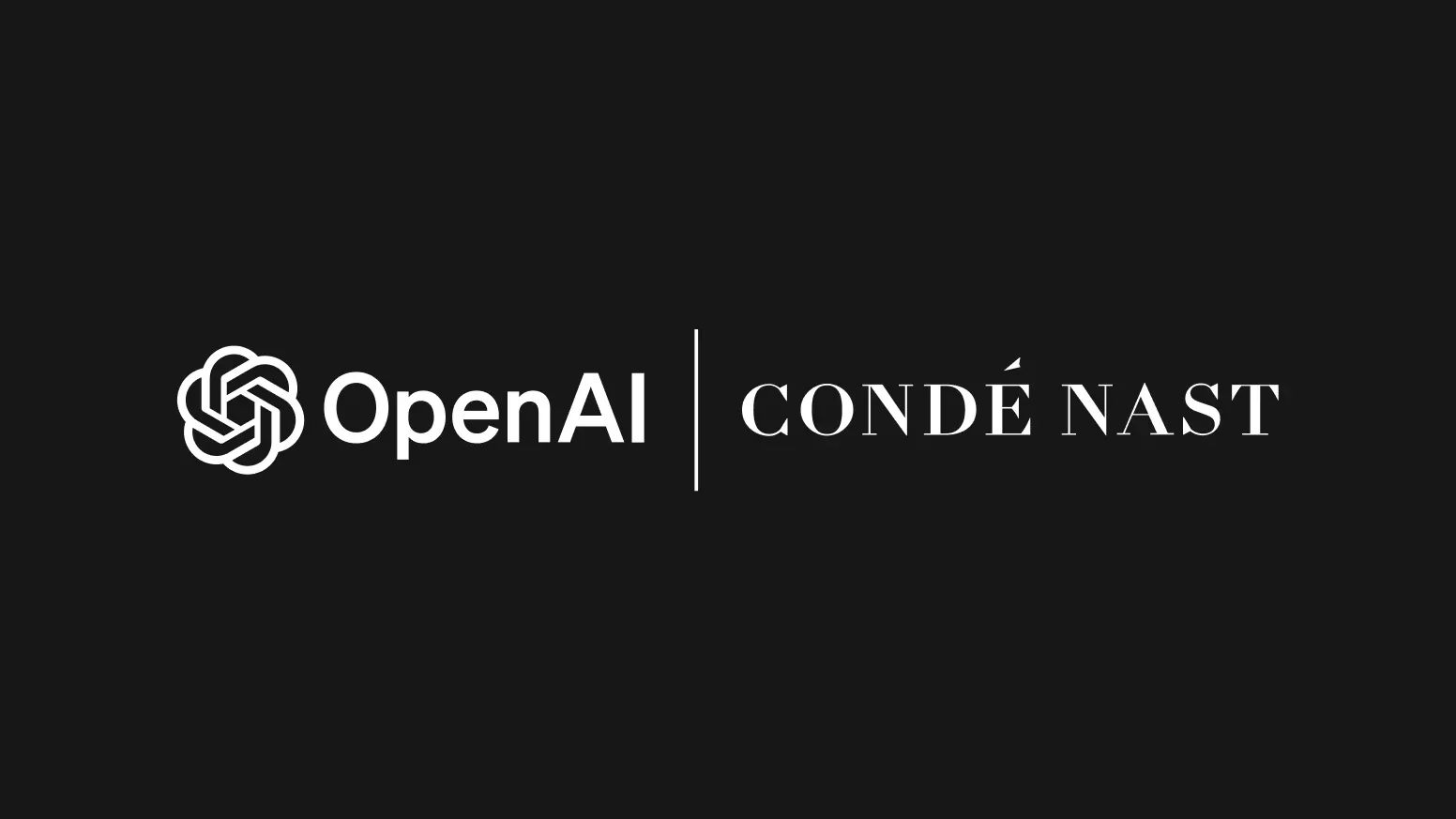The Bank for International Settlements (BIS) is working in cooperation with The Bank of England on a new standardised data platform for ISO 20022 data.
Project Keystone, which is part of a BIS Innovation Hub London Centre initiative, will explore how technology can improve the analytical use of the data standard.
The move comes after the BIS Committee on Payments and Market Infrastructures (CPMI) last year published a new set of harmonised ISO 20022 data requirements.
The organisation said at the time that while the increased adoption of the standard provides a "major opportunity" for payments systems to improve their interoperability, this would not be realised if jurisdictions implementing it are doing so in "inconsistent ways".
The initiative focuses on two modules: the first aims to address the complexities of handling the ISO 20022 data structure and the associated data storage requirements, while the second will provide analysis based on the data.
It aims to create an off-the-shelf component that payment system operators can integrate into their own systems.
The increased use of ISO 20022 standards for payment messages in Real Time Gross Settlement (RTGS) systems means many central banks will adopt the protocol in the coming years.
As of 2022, 93 per cent of payment system operators have already either implemented ISO 20022 or are working to implement it in their systems, according to a CPMI survey.
BIS says that the platform's support of analytics capabilities could accelerate the ability of payment system operators to use the "enriched data" contained within the ISO 20022 message scheme for greater understanding of "economic conditions, system liquidity, and compliance with ISO 20022 standards".
Meanwhile, the standardised platform will allow future users to create and share additional analytics capabilities within the central banking community.
Latest News
-
Waymo sets sights on London robotaxi launch in 2026 pilot
-
Government reveals AI sped up decision to axe Ofwat
-
Holland & Barrett to drive warehouse automation upgrade
-
Macquarie Asset Management sells Aligned in ‘record deal’ worth $40bn
-
Channel Islands Coop and BAT join forces to pilot facial age estimation
-
Mastercard launches first European cyber defence exercise
The future-ready CFO: Driving strategic growth and innovation
This National Technology News webinar sponsored by Sage will explore how CFOs can leverage their unique blend of financial acumen, technological savvy, and strategic mindset to foster cross-functional collaboration and shape overall company direction. Attendees will gain insights into breaking down operational silos, aligning goals across departments like IT, operations, HR, and marketing, and utilising technology to enable real-time data sharing and visibility.
The corporate roadmap to payment excellence: Keeping pace with emerging trends to maximise growth opportunities
In today's rapidly evolving finance and accounting landscape, one of the biggest challenges organisations face is attracting and retaining top talent. As automation and AI revolutionise the profession, finance teams require new skillsets centred on analysis, collaboration, and strategic thinking to drive sustainable competitive advantage.
© 2019 Perspective Publishing Privacy & Cookies












Recent Stories